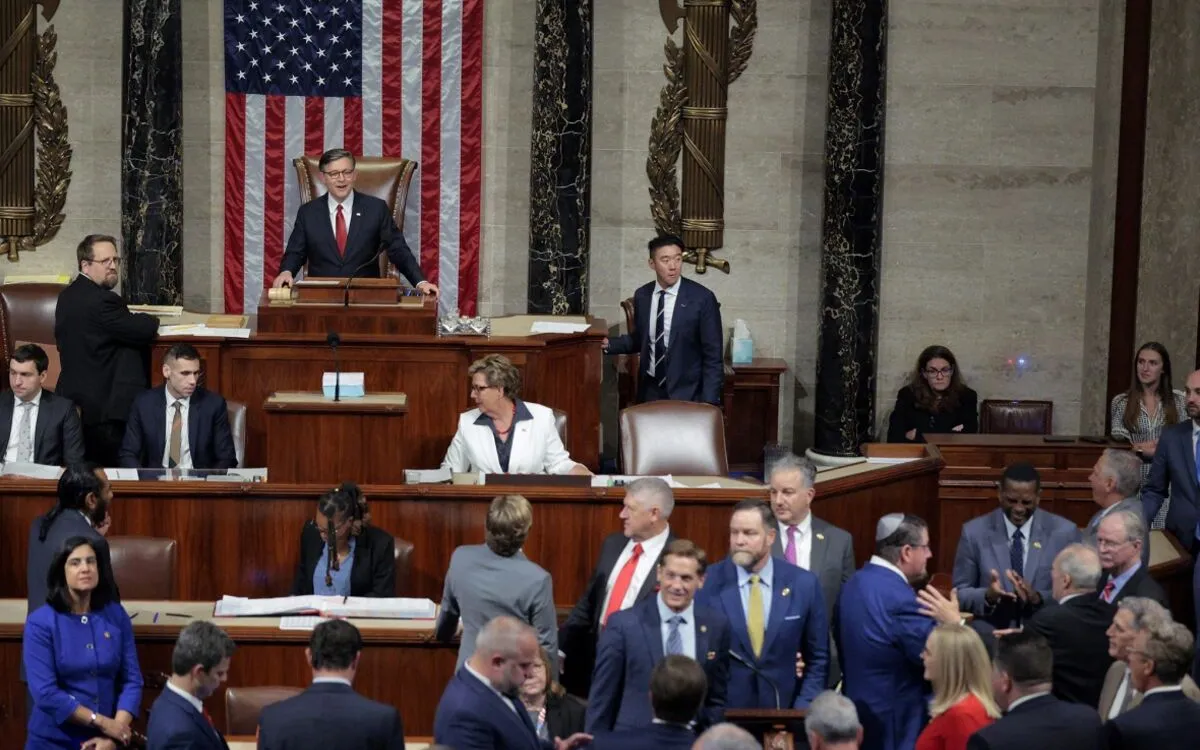
In a historic move, President Donald Trump has secured a significant transformation in US domestic policy with the passage of a monumental fiscal package. The House of Representatives approved a staggering $3.4 trillion fiscal package that is set to reshape the nation’s economic landscape. This legislation is characterized by substantial tax cuts, reductions in spending on safety-net programs, and a reversal of many of Joe Biden's initiatives aimed at transitioning the country towards a clean-energy economy.
The final vote in the House, which took place on Thursday, was a narrow 218-214, highlighting the contentious nature of the legislation. This fiscal package is now on its way to President Trump, perfectly timed to meet his self-imposed July 4 deadline. The passage of this bill marks a pivotal moment in Trump's presidency, signaling a shift towards his administration's economic priorities.
To achieve this critical vote, House leaders undertook extensive political maneuvering. They kept earlier procedural votes open for several hours, engaging in negotiations to persuade a small group of holdouts to support the legislation. This determination underscores the high stakes involved in the passage of the fiscal package and reflects the deep divisions within the House.
This sweeping legislation not only aims to bolster the economy through tax reforms but also seeks to dismantle many programs that have been integral to Biden's agenda. As the nation prepares for the impact of these changes, it is clear that this fiscal package will play a crucial role in shaping the future of American economic policy.